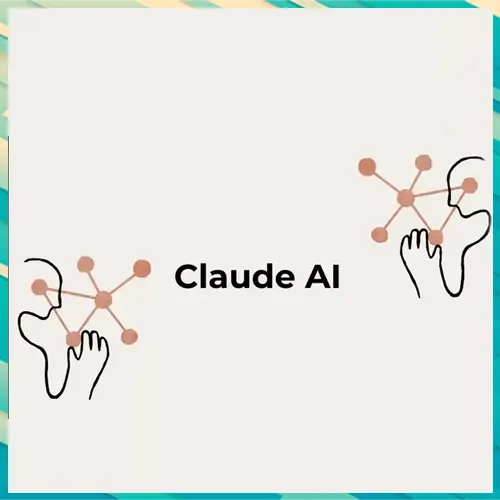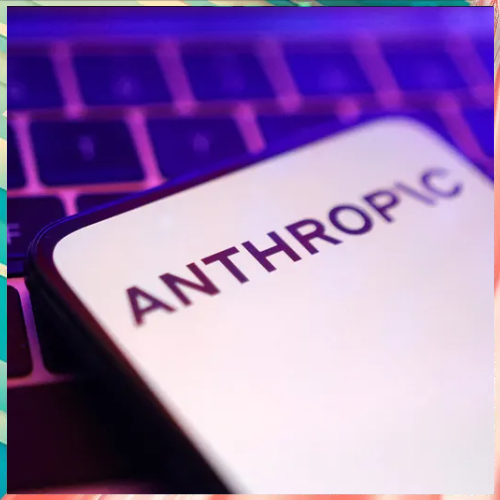
Amazon-backed AI research company Anthropic has announced a new safeguard for its advanced models, Claude Opus 4 and Claude Opus 4.1, designed to end conversations if users become abusive or consistently harmful. The move marks a significant step in responsible AI development, focusing not only on user safety but also on the well-being of AI systems themselves.
Why Anthropic is Introducing This Safeguard
According to a recent study, AI chatbots showed stress-like responses when exposed to traumatic user inputs involving crime, war, or accidents. To address these challenges, Anthropic has rolled out a feature that allows Claude AI to exit conversations where harmful or abusive interactions persist. The company said this is an ongoing experiment and its approach will continue to evolve.
Anthropic’s decision has reignited discussions around AI ethics, AI welfare, and the moral treatment of artificial intelligence. With models like Claude demonstrating increasingly human-like responses, researchers are debating whether advanced AI assistants should be seen purely as tools or as a new form of intelligence deserving consideration.
A Step Towards Responsible AI
The initiative reflects growing industry-wide concerns about AI safety, chatbot abuse prevention, and ethical AI design. By proactively protecting its systems, Anthropic is setting a precedent for other companies working on generative AI models, especially in the era of ChatGPT, Google Gemini, and other leading AI platforms.
With AI becoming deeply integrated into business, education, healthcare, and customer service, ensuring safe and ethical interactions between humans and machines is critical. Anthropic’s update to Claude highlights a future where AI-human collaboration will be governed not just by functionality and efficiency but also by responsibility, trust, and digital ethics.
See What’s Next in Tech With the Fast Forward Newsletter
Tweets From @varindiamag
Nothing to see here - yet
When they Tweet, their Tweets will show up here.





























